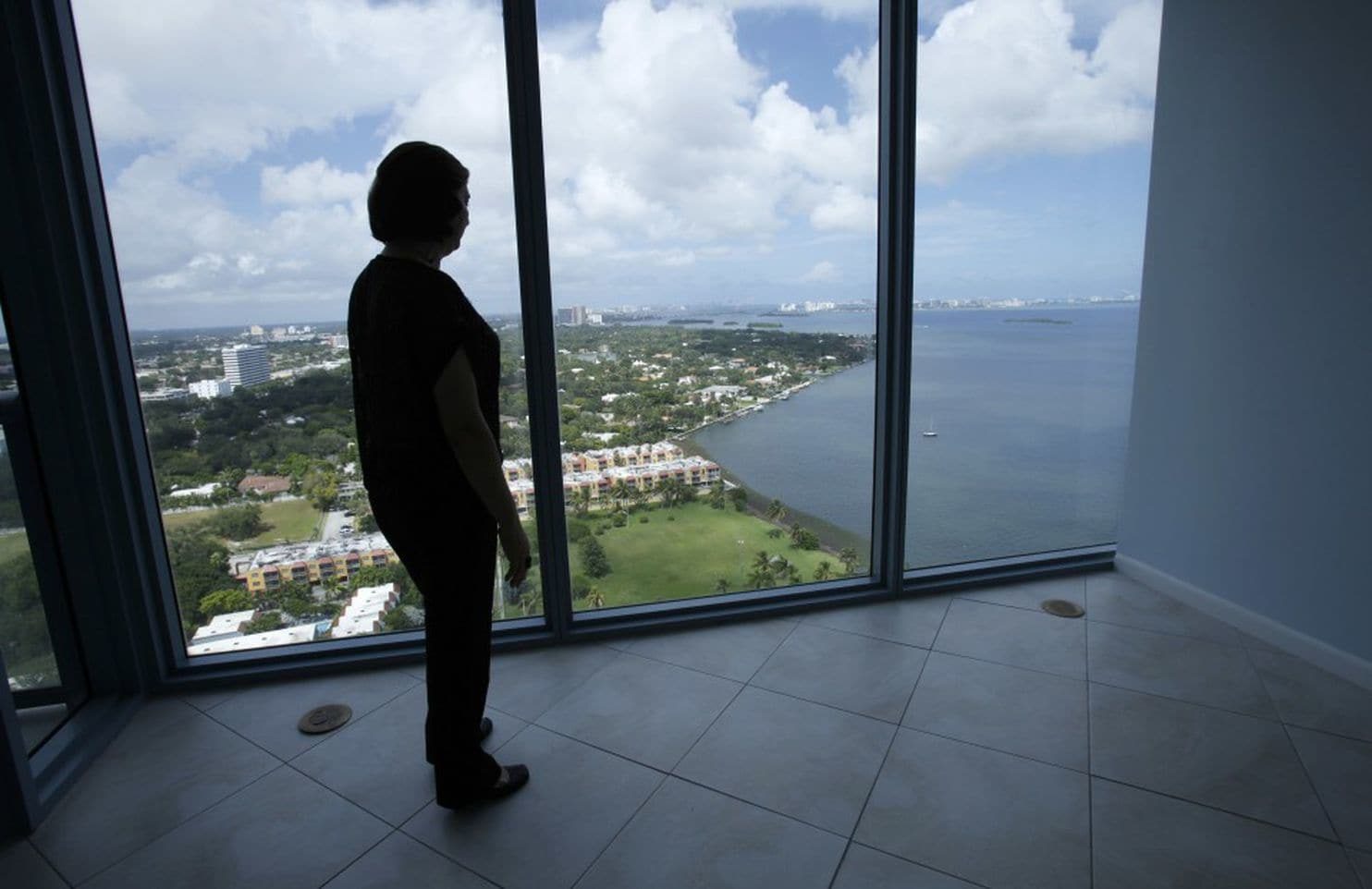Teachers living at school? Miami pushing plan for educators who can’t afford city’s high rent.

Problem: Many teachers around the country earn so little they have to take second jobs, and some quit teaching to get higher-paying jobs to cover their family’s bills. That fuels teacher shortages in districts in every state, creating instability for students and headaches for administrators who struggle to keep their schools staffed.
So what’s the solution?
You might think the obvious answer is to raise educators’ salaries high enough so they can afford to stay in the profession. Teachers in the United States earn less than 60 percent of the salaries of similarly educated individuals, according to the2017 Education at a Glance report by the Organization for Economic Cooperation and Development.
But some cities and districts are planning to spend money in another way: for affordable housing.
San Francisco, for example, was rated worst among 50 cities in a 2017 analysis by Apartment List that measured the rent burden teachers face. So officials have committed millions of dollars in public money to build affordable housing for educators to help stem a severe teacher shortage.
In Colorado, several rural school districts are working on these projects, according to this Atlantic article. A Teachers’ Village in Newark is a multiuse complex that includes charter schools and housing for teachers. In Indianapolis, school district leaders are working with nonprofit organizations to build affordable housing that would also be called the Teachers’ Village.
Now officials in Miami are putting a twist on that concept: having teachers live at their schools.
Yes, officials in Miami-Dade County, with the fourth-largest school district in the mainland United States, are pushing a plan to build housing for teachers on land right on or next to the schools where they work, and the Miami Herald reported the plan is serious. There is already money committed to the project
The Herald said in this article:
A preliminary proposal includes constructing a new mid-rise middle school in the luxe Brickell area for Southside Elementary, with a floor devoted to residential units, and several more reserved for parking and the classrooms on top. If that goes well, Miami-Dade wants a full-fledged housing complex next to Phillis Wheatley Elementary, with as many as 300 apartments going up on the campus just north of downtown.
“It’s an exciting idea,” said Michael Liu, Miami-Dade’s housing director. “Land is at a premium in Miami-Dade County. It’s difficult to come by, especially in the urban core.”
Though preliminary, the joint effort by Miami-Dade’s school system and housing department has momentum.
This 2017 analysis by Apartment List found that Miami ranked 47 of 50 cities in the rent burden faced by teachers. Apartment List wrote:
In almost a third of cities (primarily located on the coasts), teachers spend more than 30 percent of their income on rent. For example, in San Francisco and New York, fifth-year teachers have to spend nearly 70 percent of their income to rent a one bedroom. Rents in many inland cities remain affordable for teachers.
And, it said, fifth-year teachers in Miami would have to spend 50 percent of their earnings to rent a one-bedroom apartment.
It is not uncommon for college faculty to live on campus, often embedded in student dorms. Georgetown University has a faculty-in-residence program that offers six faculty members and their families the opportunity “to live and interact with students while residing in an apartment within our residential buildings,” according to the school website.
These faculty “work in close partnership with the Residential Living team to enhance the intellectual environment, support academic excellence and existing Living Learning Communities.”
But these college faculty housing programs are not generally aimed at helping professors defray the cost of living.
Here’s a question: Assuming you don’t work at home, would you want to live at your place of employment?
And another: Why are teachers paid so little that many can’t make ends meet?